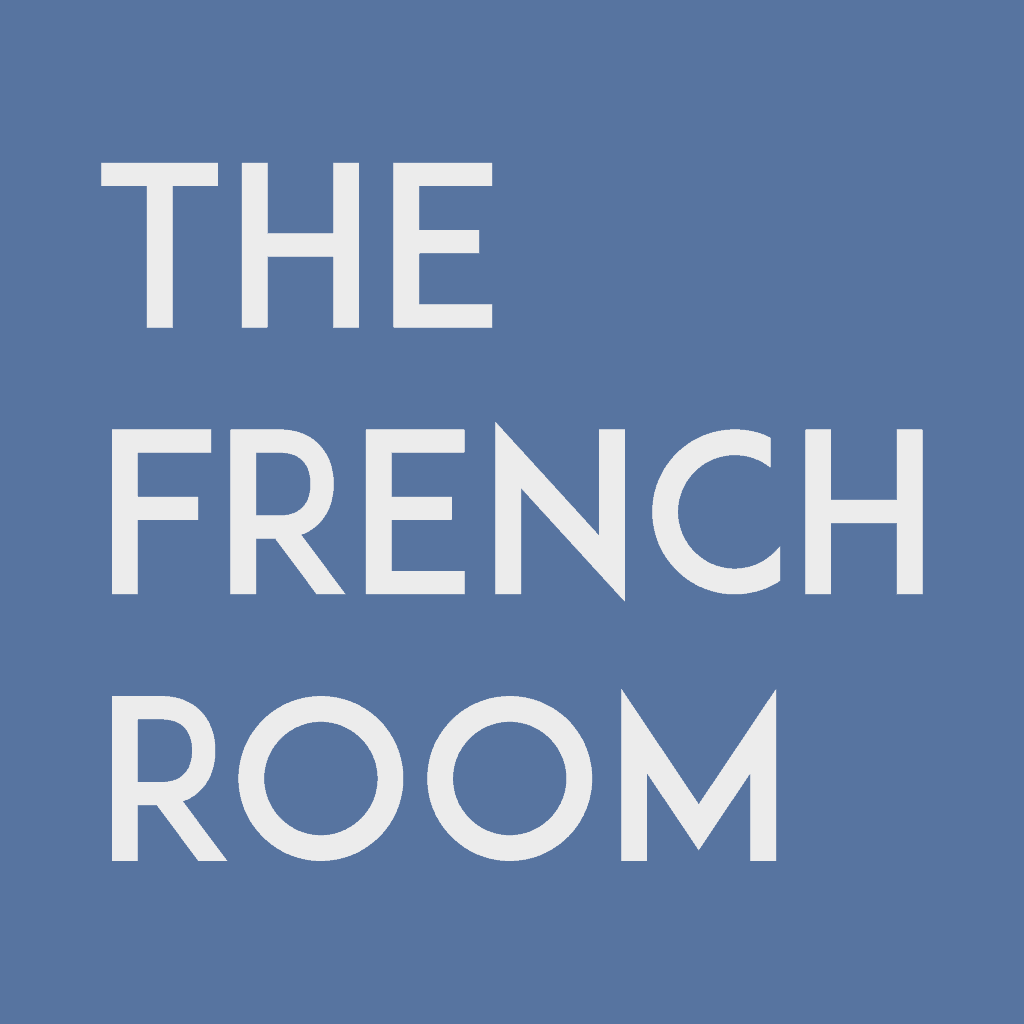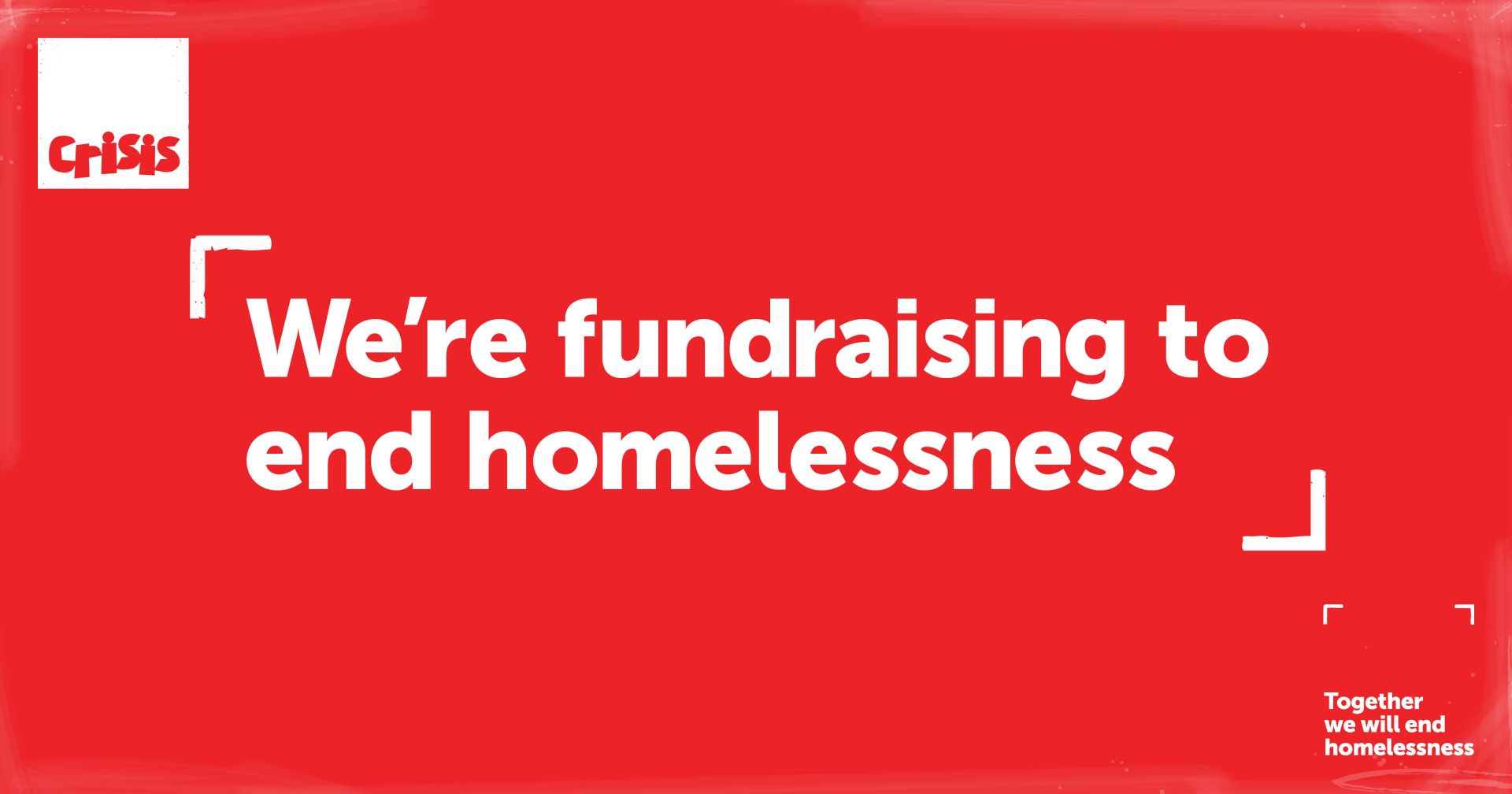
Speak more than one language? Bravo! It seems that learning a language really does help your brain
Meet Margaret and Hans. (In the picture)
They are both in their mid-80s and are very active language learners. And active is the right word to describe everything about them.
I wanted to discover from them how learning a language had helped their brains to stay so nimble?
They breezed through 20 hours of speaking French with me this weekend. In that time they did 6 hours of classes, knotched up 18,000 steps and enjoyed several meals out and about across Devon! Incredible!
The more I got to know these people across the weekend, the more inspired I felt. Margaret and Hans didn't know each other before they came on the weekend French course, but were immediately at ease and ready to lap up as much of the French language as I could throw at them!
Let me tell you that a weekend immersive course is not for the faint hearted. It is a constant stretch and learning experience from the moment you arrive to the second you leave. It is mentally challenging and for good measure I throw in some reasonably demanding physical exercise to boot. So how did Margaret and Hans fare and what did I learn from them about the power of learning a language in your 80s? Does learning a language help your brain?
Attitude is everything
The first thing that I noticed about me students was that there wasn't an ounce of hesitation in their belief that they could learn and add to their existing knowledge. This may seem obvious, but self-belief in one's ability to learn is rarer than you might think.
What this looks like in practice is an absolute openness and curiosity to discover new information. It's a freshness that brings delight at the uncovering of a new word or manipulation of the grammar to be able to say more precisely what you want to express. It's also playful, giving unbounded permission to try out new concepts and ways of expressing an idea until the idea and meaning are fully understood and owned.
And this is good news for us all because we can all choose our attitude towards learning. This isn't about intelligence, prior knowledge or education, it's just getting on with the goal of accumulating and owning new knowledge!
The reason why language is such a great topic for attitude training, is that it's an infinite journey of discovery, connections and successes and failures. So, the first reason why learning a language is good for your brain is because it provides a sufficiently large topic to become a lifelong passion.
Evidence that language learning enhances memory
Both of my octogenarian students were remarkable in many ways. One, that I particularly noticed was that they both had really good recall of words and concepts that we had studied several hours earlier. They took a 3 hour French class in the morning and whilst walking by the sea in the afternoon were remembering, recalling and applying these linguistic treasures in real conversation.
Given that it is believed that we must hear a new word or phrase numerous times before it enters our register, this was very impressive.
Anecdotally, Margaret shared with me that sometimes she recalls a word in everyday life in French first. You know that thing where you just can't put your finger on what something is called? Well, for Margaret, it's easier to find that elusive word in French on occasion. How cool is that? It's like having two memory banks and searching both doubles your chances of finding what you are looking for!
So, for this particular person, at least, they are experiencing the very real and practical benefits of improved memory due to having studied a language.
Language learning improves creativity
I remember when I worked in an International School in Lyon, back in my twenties, that someone told me that one of the really interesting benefits that they had seen from bilingualism was increased creativity in children.
Maybe this is as a result of the mental gymnastics that learning a language demands of the speaker? Or maybe, it's to do with the fact that whole new neural pathways are created for each language? Language and the brain is a really fascinating area of research.
One thing that is sure, is learning a language leads to constant switching between words, sentence structure and perspectives on how things are. Take a simple sentence in English like "The landscape was hilly" and put that into French. "C'était un paysage valoné". The mind has to switch word order, change perspective and talk about valleys rather than hills, and decide which verb and tense to use. And that's just in a 5 word sentence! It's a brain workout for every sentence formed!
What's your experience? How has learning a language helped your brain? And what other benefits does it bring you? Please get in touch to let me know.


